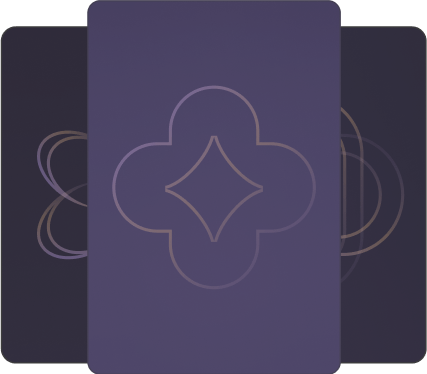What is
The Death of Truth by Michiko Kakutani about?
The Death of Truth examines the erosion of objective truth in modern America, particularly during the Trump era. Michiko Kakutani critiques how lies, propaganda, and digital platforms fuel polarization, weaken democratic institutions, and normalize “alternative facts.” She ties this crisis to broader cultural shifts, including postmodern relativism and the weaponization of language.
Who should read
The Death of Truth?
This book is essential for readers interested in politics, media literacy, and the intersection of literature and societal change. Policymakers, educators, and anyone concerned about misinformation’s impact on democracy will find Kakutani’s analysis of propaganda, technology, and historical parallels invaluable.
Is
The Death of Truth worth reading?
Yes. Kakutani’s Pulitzer-winning expertise as a literary critic provides a unique lens to dissect how language and narrative shape reality. While dense at times, the book’s urgent message about truth’s role in sustaining democracy remains critically relevant in 2024.
How does Michiko Kakutani connect literature to the crisis of truth?
Kakutani draws parallels between authoritarian tactics in dystopian novels (like 1984) and modern disinformation campaigns. She argues that degrading language—through clichés, lies, or dehumanizing rhetoric—erodes shared reality, a theme she traces in works by Hannah Arendt and Timothy Snyder.
What role does technology play in
The Death of Truth?
The book highlights how social media algorithms and filter bubbles amplify extremism, spread conspiracy theories, and isolate users in ideological echo chambers. Kakutani links this to declining trust in traditional institutions like journalism and science.
How does
The Death of Truth explain the rise of authoritarianism?
Kakutani identifies key tactics: rejecting expertise, scapegoating minorities, and portraying the press as “enemies of the people.” She cites historical examples from totalitarian regimes to show how these strategies destabilize democratic norms.
What critiques exist about
The Death of Truth?
Some reviewers note the book’s pessimistic tone and dense academic references. However, its synthesis of literary, historical, and political analysis is widely praised for illuminating the systemic nature of truth’s decline.
How does
The Death of Truth address the post-2020 election era?
While primarily focused on the Trump presidency, Kakutani’s framework applies to ongoing challenges: deepfakes, AI-generated content, and partisan media’s role in normalizing falsehoods. The book underscores the lasting damage of conflating opinion with fact.
What key quotes define
The Death of Truth?
- “Lies become amplified…”: Kakutani argues lies spread faster than truth in digital ecosystems.
- “Language is corroded…”: Highlights how vague rhetoric (e.g., “fake news”) obscures meaning.
How does
The Death of Truth compare to
How Fascism Works by Jason Stanley?
Both books analyze authoritarian tactics, but Kakutani emphasizes literary and linguistic decay, while Stanley focuses on philosophical frameworks. Together, they provide complementary perspectives on democracy’s vulnerabilities.
Why is
The Death of Truth still relevant in 2025?
Global elections, AI-driven disinformation, and declining press freedom make Kakutani’s warnings about truth’s fragility increasingly urgent. The book serves as a manual for recognizing and countering modern propaganda.
What solutions does Kakutani propose in
The Death of Truth?
While not prescriptive, Kakutani implies that rebuilding trust requires reinvigorating civic education, supporting independent journalism, and critically engaging with media. She stresses literature’s power to foster empathy and complex thinking.









